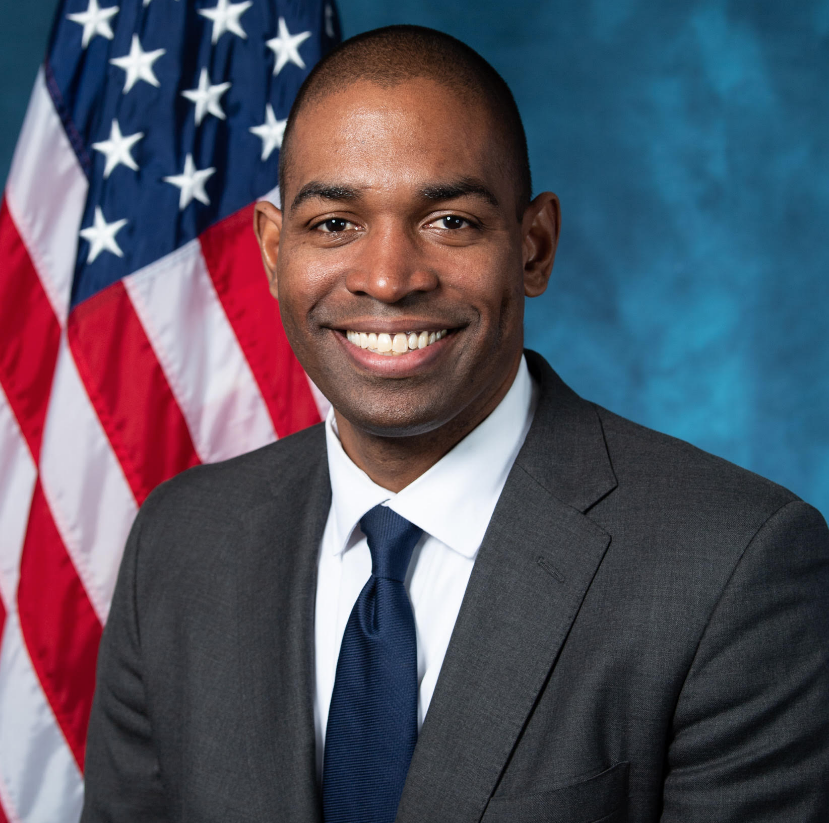It appears likely as the state faces a multibillion-dollar budget shortfall this year that reduced aid to municipalities is more done-deal than what-if.
Why not tax Wall Street? (“You mean even more?” Wall Streeters might ask/fume.)
That is the solution of Dutchess County Legislator Joel Tyner, who said that state leaders should impose a stock-transaction tax that could reap billions of dollars from those most able to afford it.
The idea is supported by the state CSEA, according to its Dutchess local union president and is becoming popular across the state, according to Tyner, who said the reason is simple: Few revenue choices are available.
“I”™m wondering where the money is coming from to balance the budget this year,” said Tyner, who has spent six years as a legislator and a dozen years as a budgetary hawk in Dutchess County. He said that he has yet to win permission from county Republican legislators who control the body to bring up the resolution that would urge state officials to support such a tax, but he said politicians of all stripes in every government are going to have to come up with new sources of revenue to meet demands of an increasingly needy citizenry buffeted by economic hard times.
“My colleagues are going to have to pull money out of thin air to balance the budget this year, or decide who they are going to lay off and what services they are going to cut,” said Tyner. “I am proposing something a little bit different.”
The county cannot tax stock transactions, but the state can write such rules and could use the authority to raise revenue to help close a projected $7.4 billion budget shortfall in the upcoming fiscal year.
The CSEA supports the idea, but would rebrand it as a rebate as opposed to a tax, according to Shaun Chesley, president of the Dutchess CSEA unit.
He said there is currently a tax collected on stock transfers but that money is rebated to Wall Street instead of kept for state coffers.
CSEA fully supports the stock transfer tax but refers to it as a rebate versus a tax, said Chesley. He said CSEA officials are advocating to reduce the current rebate by 20 percent, which will generate $4 billion per year to the state general fund.
Other ideas for saving the state books from crashing are being offered by a group called “A Better Choice for NY” (with a .org website), a nonprofit consortium including the Fiscal Policy Institute, CSEA, the Hunger Action Network and others.
Their ideas include seeking a bulk rate on state pharmaceutical purchases, ending the hiring of out of state consultants ”“ a$2.4 billion expense in 2009 ”“ and passing a more expansive bottle-deposit bill.
“More and more folks across New York state are coming around to these ideas,” said Tyner. “It is not just to bring in extra needed revenue to avoid big state and county budget cuts and local property hikes, but for simple fairness.”


















